Social Stigmas About Virginity Should be Lost
April 11, 2022

According to the Centers for Disease Control and Prevention, the average age Americans lose their virginity is 17.1 for both men and women. The CDC also reports that virgins make up 12.3% of females and 14.3% of males between ages 20 to 24.

“Society can be very complicated but in all, but I think that they see losing your v-card as not bad but a big step. It depends who the person is, how old is the person because society is very opinionated. Society also shouldn’t be prying into something personal unless the person is giving the right away to tell. Losing your virginity and telling society and how they respond will probably be nothing bad, but there are many factors that play into how society will react,” Greenway student Cain Percephone said.

“I have no insight as to whether this is still important to teens. I do overhear all kinds of conversations in classes throughout each day. But honestly, virginity never seems to come up. Is this because it’s not a big deal to teens, or because teens are careful about talking about it in front of adults? If I went off this, I’d say it wasn’t really an issue,” Math teacher Mr. Mrozinski said.
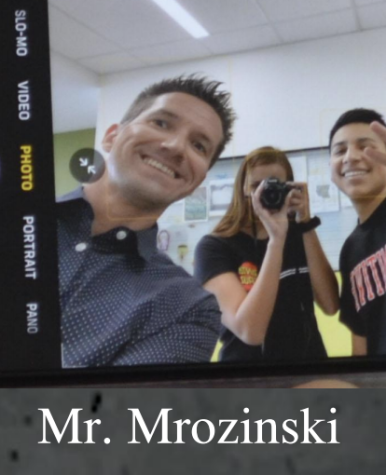
“When you ask ‘do you think society views losing your virginity as a bad thing?’ it depends on what society you’re looking at. A person’s culture, their beliefs and values, are extremely individual. Therefore, some people may view it as a bad thing, and some may view it as a good thing. This view is entirely dependent upon the culture of the person you are asking,” Science teacher Mr. McKee said.

According to Jennifer Neal’s article,“Let’s lose “virginity,” once and for all” in Clue, it says that “The Medieval age offered different indications of virginity. In the Medieval text De secretis mulierum, or “Women’s Secrets,” some of the more widely acceptable indications of virginity were: “shame, modesty, fear, a faultless gait and speech, casting eyes down before men and the acts of men”.
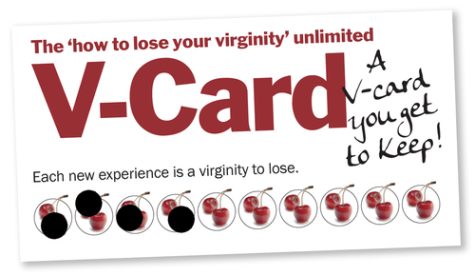
Math teacher Mr. Kelly said, ” I don’t think society views losing your virginity as a bad thing, but I feel like it’s not out there, because I don’t know how much it’s out there on social media and how much exposure there is. I just don’t personally see it as a bad thing.”

According to Selena Simmons-Duffin, NPR’s article “‘Where The Need Is:’ Tackling Teen Pregnancy With A Midwife At School” in the The Washington it says that “My day at the school health center is the highlight of my week,” Patchen said. “I see young people be brave every single day that I show up there. And I see people willing to figure out how to do really hard things. What’s better than that?”
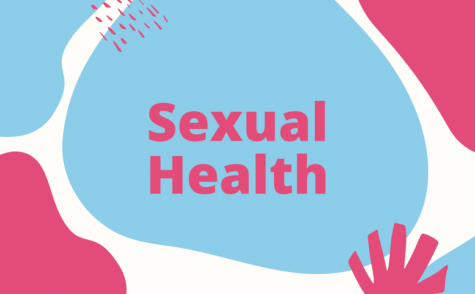
“In my opinion it’s a bad thing unless married because kids that are 14, 15, and 16 years old are not responsible to have kids because they don’t have jobs, and don’t know how to raise kids,” Junior Jamie Hemingway said.
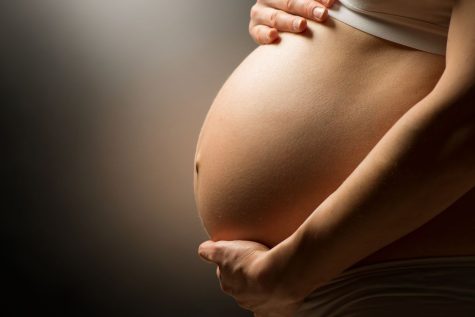
According to Elizabeth Wall-Wieler article “Teenage pregnancy: the impact of maternal adolescent childbearing and older sister’s teenage pregnancy on a younger sister” in the BMC it says that “The adjusted odds of becoming pregnant between ages 14 and 19 for teens with at least one older sister having a teenage pregnancy were 3.38 (99 % CI 2.77–4.13) times higher than for women whose older sister(s) did not have a teenage pregnancy.
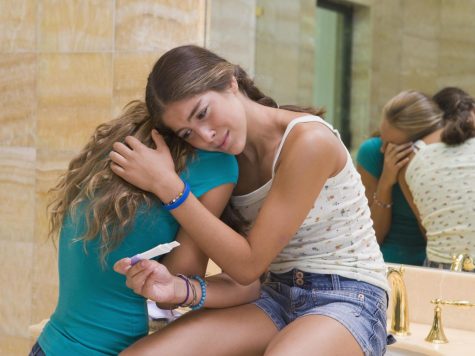
Teenage daughters of mothers who had their first child before age 20 had 1.57 (99 % CI 1.30–1.89) times higher odds of pregnancy than those whose mothers had their first child after age 19. Educational achievement was adjusted for in a sub-population examining the odds of pregnancy between ages 16 and 19. After this adjustment, the odds of teenage pregnancy for teens with at least one older sister who had a teenage pregnancy were reduced to 2.48 (99 % CI 2.01–3.06) and the odds of pregnancy for teen daughters of teenage mothers were reduced to 1.39 (99 % CI 1.15–1.68).”
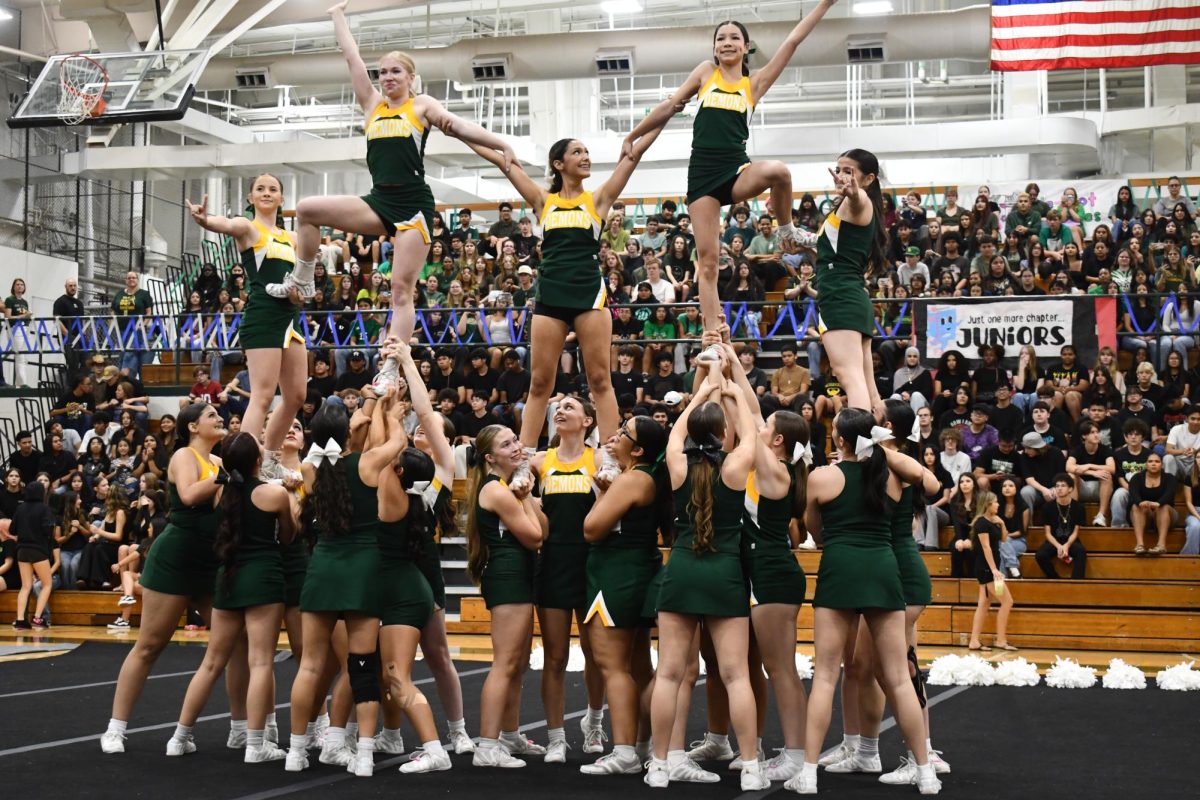

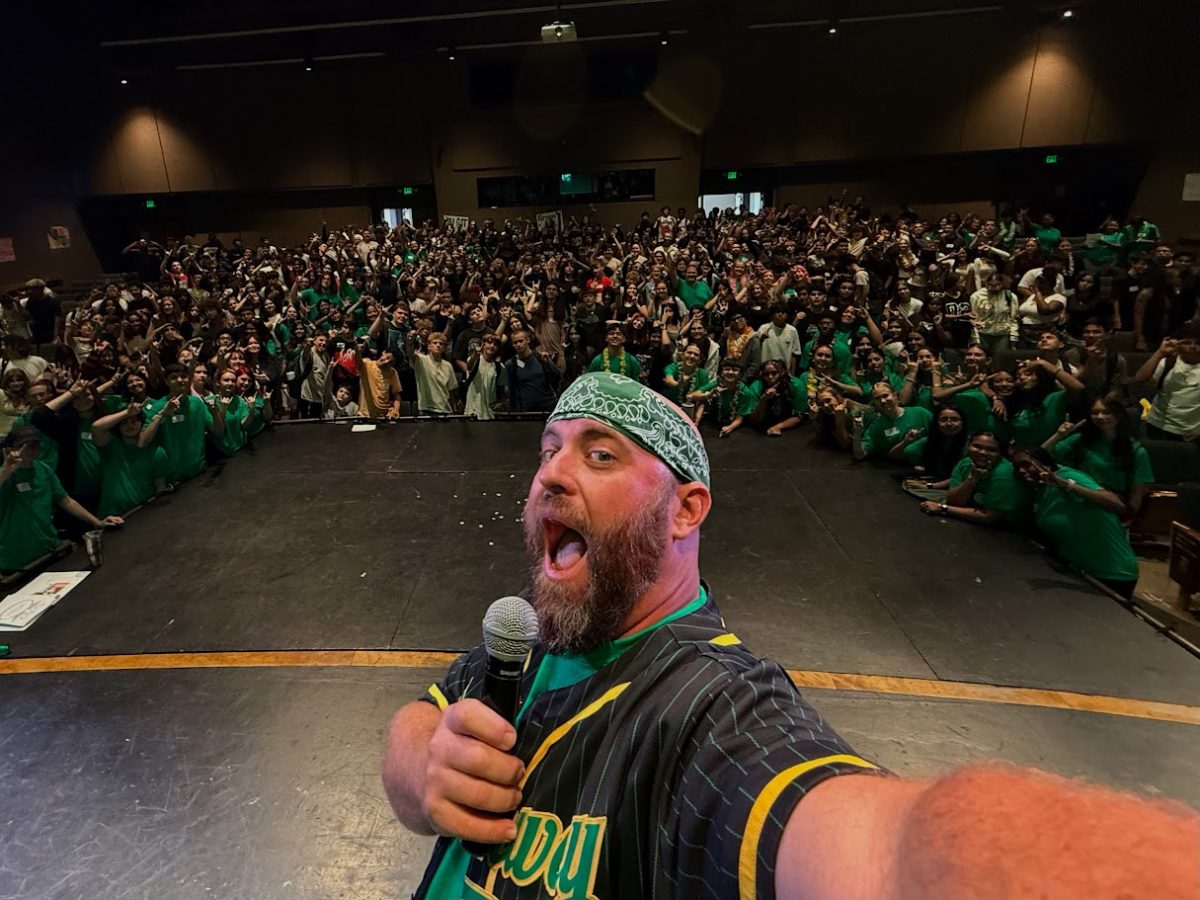

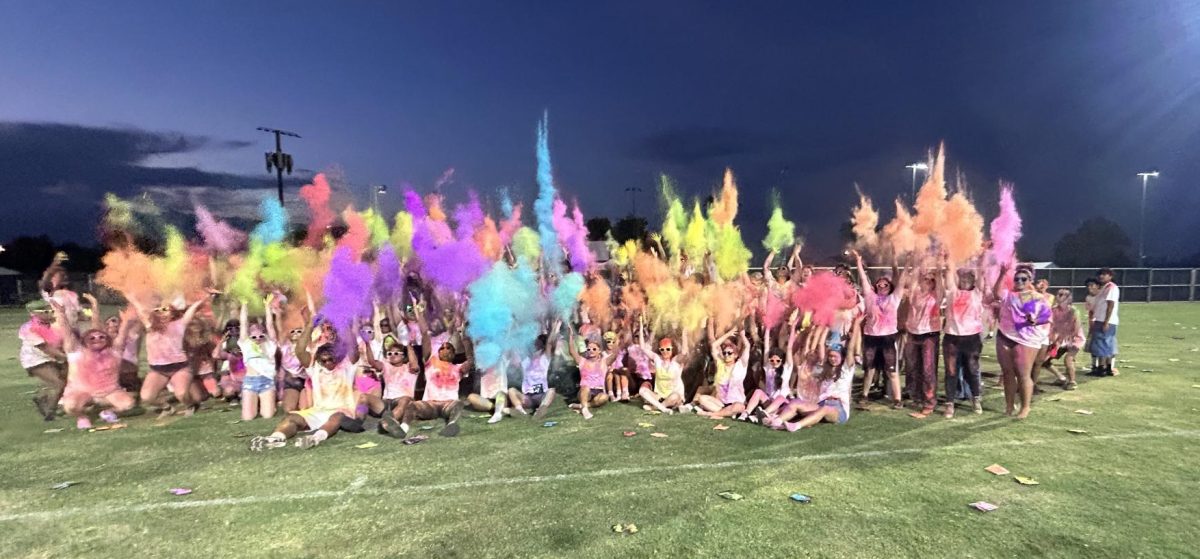

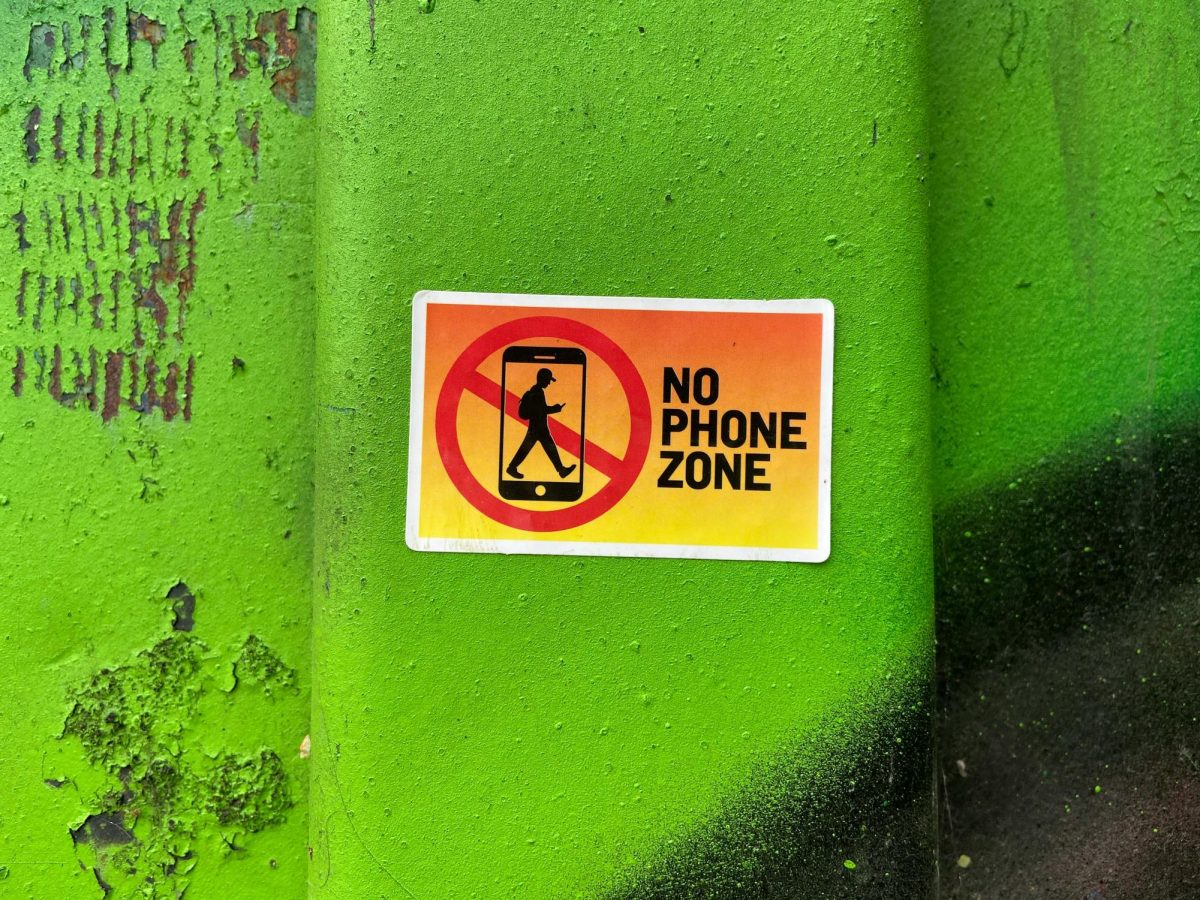



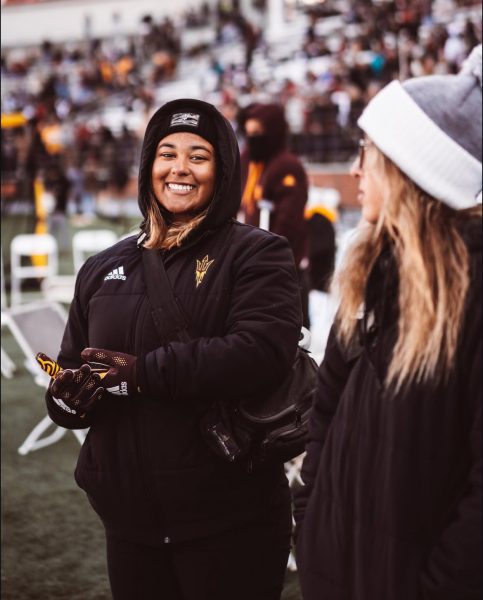


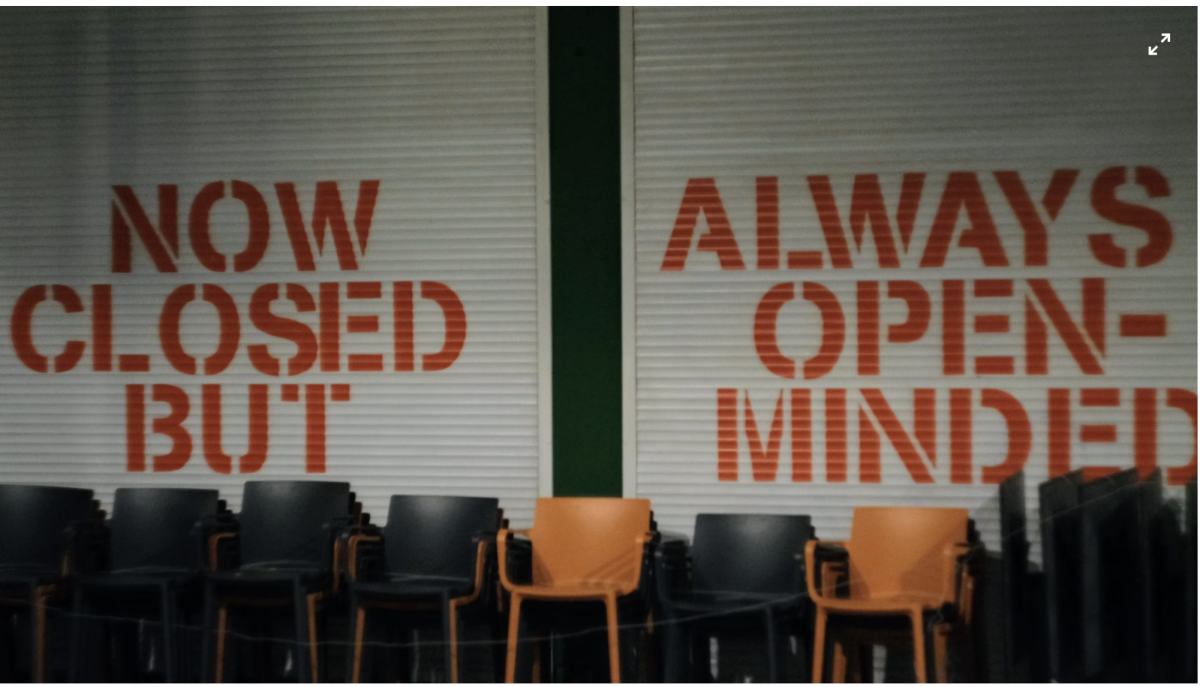
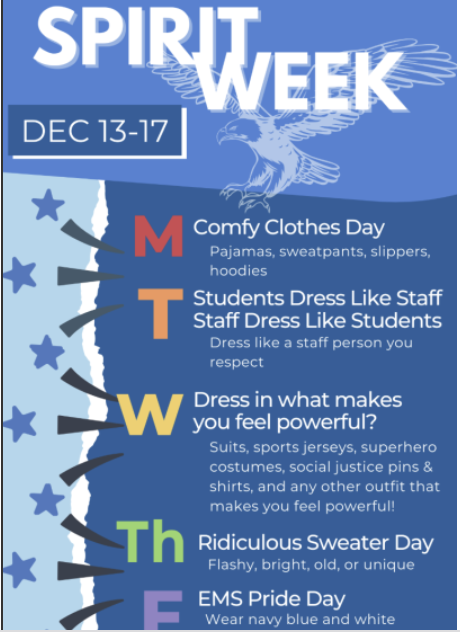



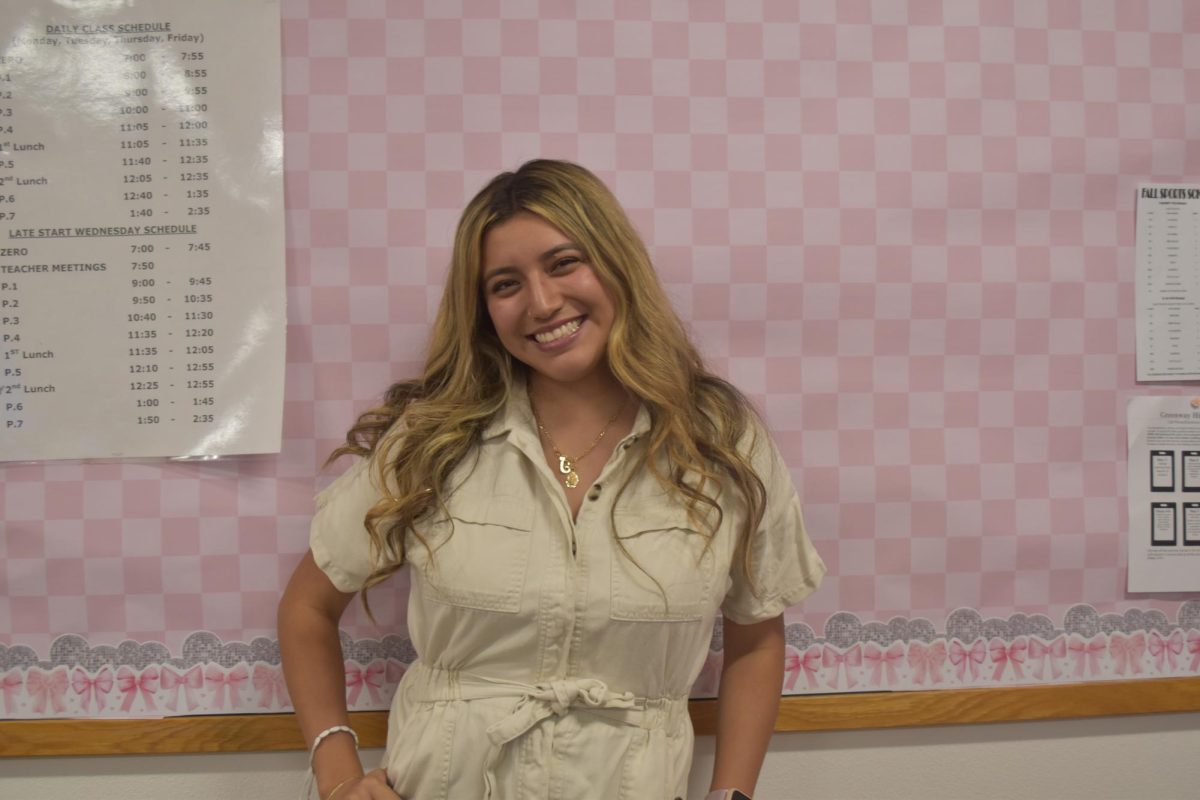

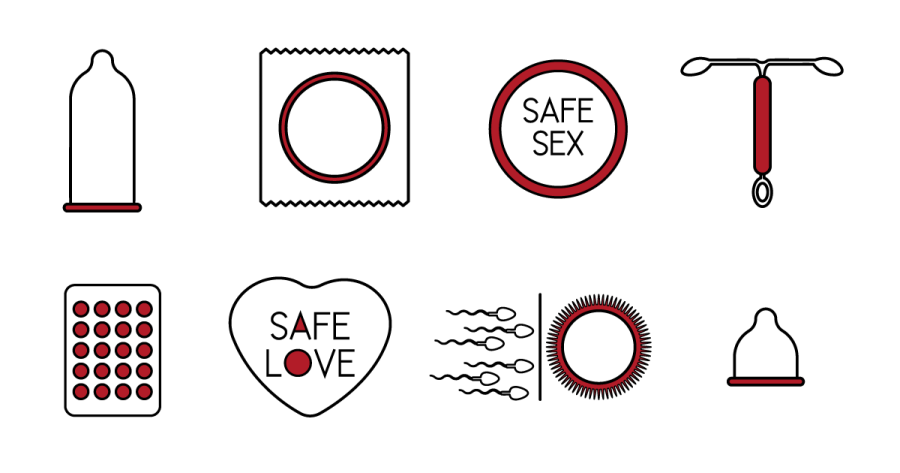
Zachary Neilson • Apr 19, 2022 at 4:08 pm
Interesting topic. I agree people have different points of view when it comes to virginity as you stated in the article.
Mackenzee Reilly • Apr 19, 2022 at 4:04 pm
Very informative and important to be educated on.
Victor Flores • Apr 19, 2022 at 3:45 pm
Very informative topic with many health tips
Daanika Curiel • Apr 19, 2022 at 3:41 pm
The stats in the lead drew me in.
Kaitlyn Bennett • Apr 18, 2022 at 4:33 pm
Clean and informative article. You did a great job with such a serious and unspoken topic!!
Tatum Stellwagen • Apr 19, 2022 at 3:55 pm
Thank you! I just feel like our generation especially need to know about this, since high schoolers make choices with out knowing the out come.
Anisiana Johnson • Apr 18, 2022 at 4:21 pm
Something that needed to be talked about! Great information and quotes.
Cadence • Apr 18, 2022 at 4:16 pm
I like how you showed both sides and gave a lot of facts.
Samantha Brown • Apr 18, 2022 at 4:16 pm
I like how you added statistics into your story.
Briana Colorado • Apr 18, 2022 at 4:15 pm
Your story was well written and I also like how you got different people’s perspectives of virginity.
Jackson Thorp • Apr 18, 2022 at 4:12 pm
I think the quotes are very good and do a great job of showing each side of the debate.
Kelly Tran • Apr 18, 2022 at 4:12 pm
I like your story since there’s a lot of valuable insight from many people’s perspectives.
Juarez • Apr 18, 2022 at 4:05 pm
Really enjoy the story! Got me thinking on the stigmatism of virginity being accepted or seen badly by society!
Xzaver Lewis • Apr 18, 2022 at 4:04 pm
With the huge subject of virginity I feel that this is a great discussion with the many young adults in the school to consider the choices they are making in a relationship.
Mia • Apr 18, 2022 at 4:04 pm
I like how you get people’s point of view in the matter.
Cade Uptegrove • Apr 18, 2022 at 4:03 pm
this was a good story it was written good and I was able to find information for the questions I had reading the story.
Marques (Tony) • Apr 18, 2022 at 4:02 pm
Really enjoy the story! Got me thinking on the stigmatism of virginity being accepted or seen badly by society!
Deavon Felix • Apr 18, 2022 at 4:02 pm
This story was well written and it was also very informational.
Ben Porter • Apr 18, 2022 at 4:01 pm
I think this is a great story because it puts virginity in perspective.
Alexa Kachanuk • Apr 18, 2022 at 4:01 pm
I like that your story touches on something controversial among every age group.
adviser • Apr 18, 2022 at 3:59 pm
This was a thoughtful and well written story
Jonatan Fernandez • Apr 18, 2022 at 3:59 pm
I liked your story because a lot of people think about losing their virginity.
Alexis Mcdonald • Apr 18, 2022 at 3:59 pm
I like this story because it has a lot of opinions about losing you v-card.